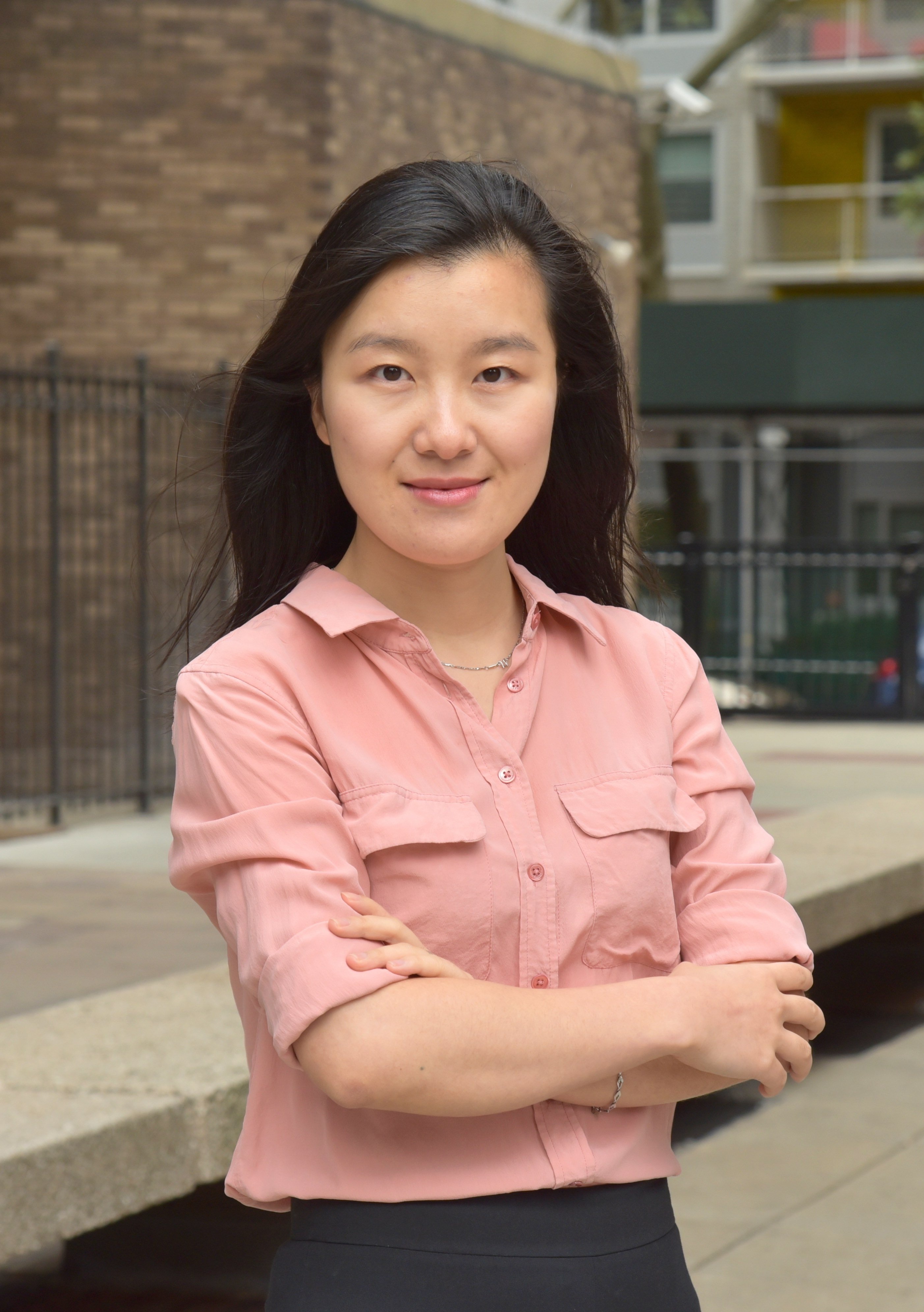Economics Seminar(2017-1)
Topic: Unintended Effects of Estate Taxation on Wealth Inequality
Speaker: Mi Luo, New York University
Time: Friday, February 17, 14:00-15:30
Place: Room 217, Guanghua Building 2
Abstract:
Intergenerational wealth transmission occurs not only at the end of life (bequests)
but also throughout the life cycle (inter-vivos transfers). This paper documents that bequests
are largely accidental, and inter-vivos transfers are intentional and negatively correlated with
the recipient’s current income. This paper builds and estimates a general-equilibrium lifecycle
model of intergenerational wealth transfers, where parents potentially value inter-vivos
transfers differently from bequests. The model renders a response in inter-vivos transfers to
estate tax changes close to the data. Under the current U.S. tax codes, increasing the estate
tax does not necessarily reduce top wealth inequality. Instead, it could potentially increase
inequality with a sufficiently strong response in inter-vivos transfers. Such a response is
partly caused by differential tax treatment between inter-vivos transfers and bequests, and
partly amplified by the wealthier people responding more due to the preference curvature
for both transfers.
Introduction:

Mi Luo is a Ph.D. candidate in the Department of Economics, New York University. She was a C.S.W.E.P. Dissertation Intern at the New York Fed. She also worked at the Consumer Payments Research Center of Boston Fed as a part-time Senior Research Assistant for two years. Her research interests are macroeconomics, household finance, and labor economics.
Your participation is warmly welcomed!